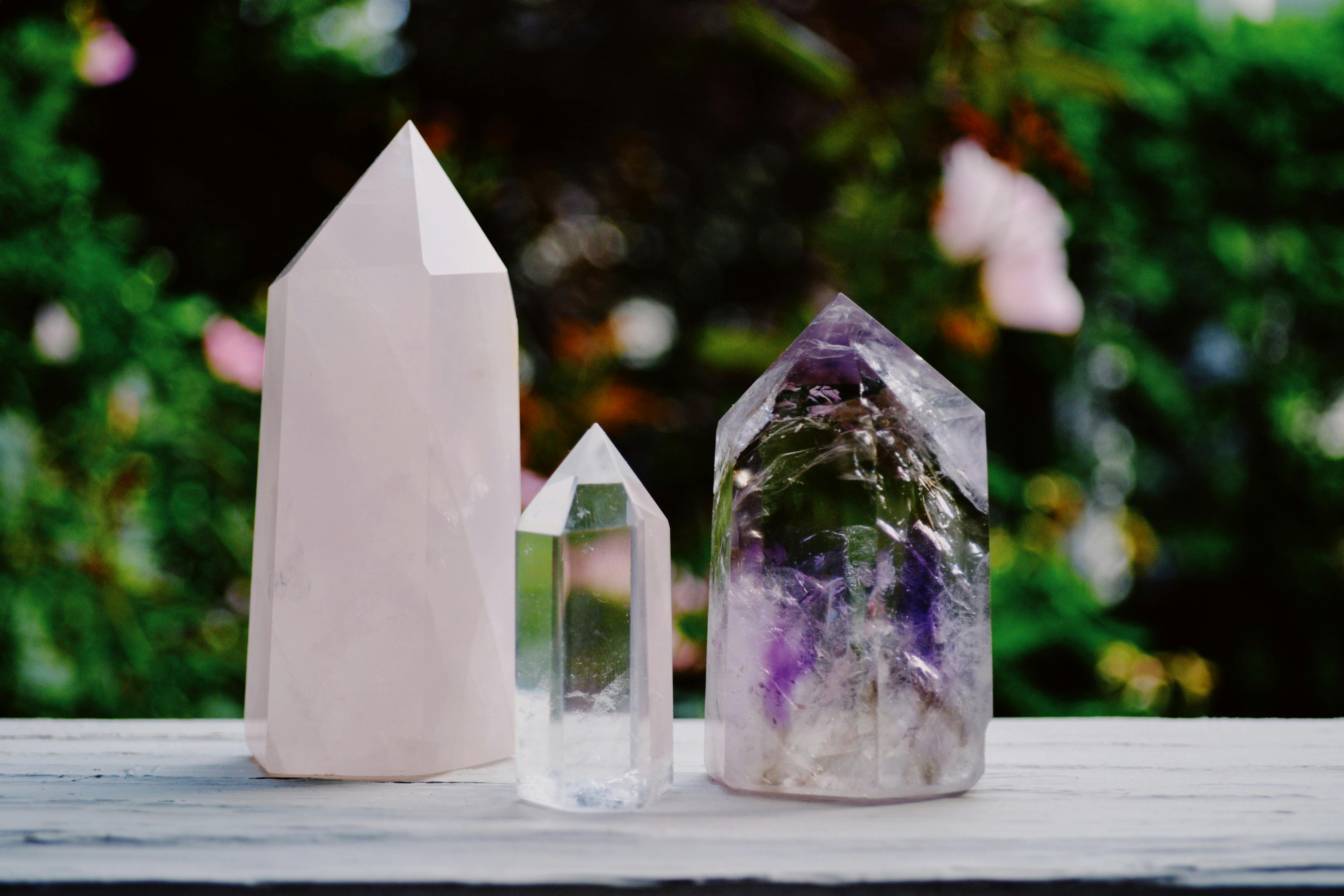Discovering the Wellness Edge: The Therapeutic Power of Essential Oils
Introduction: Are you aware of the hidden therapeutic potential residing in the aromatic essence of plants? Essential oils, the volatile compounds derived from nature's flora, have long been recognized for their healing properties. This article delves into the fascinating world of essential oils, their historical usage, scientific advancements, and their role in modern health trends.

A Fragrant History and Scientific Developments
Essential oils have been a cornerstone of traditional healing practices for centuries. Ancient civilizations, such as the Egyptians and Greeks, used these aromatic oils for medicinal, spiritual, and cosmetic purposes. Fast forward to the 20th century, when French chemist René-Maurice Gattefossé revived the term “aromatherapy,” sparking renewed interest in essential oils’ therapeutic potential.
Modern scientific research has since validated many traditional uses of essential oils. Studies have found that these oils can impact our health in numerous ways, from promoting relaxation and reducing stress to boosting immune function and relieving pain.
Essential Oils in Modern Health Trends
In the age of wellness and self-care, essential oils have found their way into various health and wellness trends. Their natural origins and diverse benefits make them a popular choice for those seeking holistic health solutions. However, it’s important to approach these trends with a discerning eye.
Some popular uses include using lavender oil for promoting sleep and reducing anxiety, applying peppermint oil for headache relief, and utilizing eucalyptus oil for respiratory health. While these uses are backed by research, it’s crucial to understand that essential oils are not a cure-all solution. They should be used as a complementary tool in a comprehensive health strategy.
The Benefits, Challenges, and Scientific Credibility
The benefits of essential oils are wide-ranging, but so are the challenges. One of the main benefits is their potential to promote mental well-being. Oils like lavender and bergamot are known for their calming effects, which can help manage stress and anxiety. However, due to their potent nature, proper usage is crucial to avoid side effects like skin irritation or allergic reactions.
Scientific credibility is another important factor to consider. While many studies support the therapeutic effects of essential oils, more research is needed to fully understand their mechanisms and establish standardized usage guidelines.
Integrating Essential Oils into Your Wellness Routine
-
Start with a basic set of oils, such as lavender, peppermint, and eucalyptus.
-
Always dilute essential oils with a carrier oil before topical application to avoid skin irritation.
-
Use a diffuser for atmospheric aromatherapy.
-
For sleep support, consider adding a few drops of lavender oil to your bath or pillow.
-
Remember, essential oils are a complementary tool, not a replacement for professional medical advice.
Conclusion
Essential oils offer a fascinating avenue for enhancing wellness, interweaving nature’s wisdom with modern science’s insights. While they’re not a magic bullet for health issues, they can complement a holistic approach to well-being. As we continue to explore their therapeutic potential, it’s crucial to use them responsibly and in harmony with other health practices.




